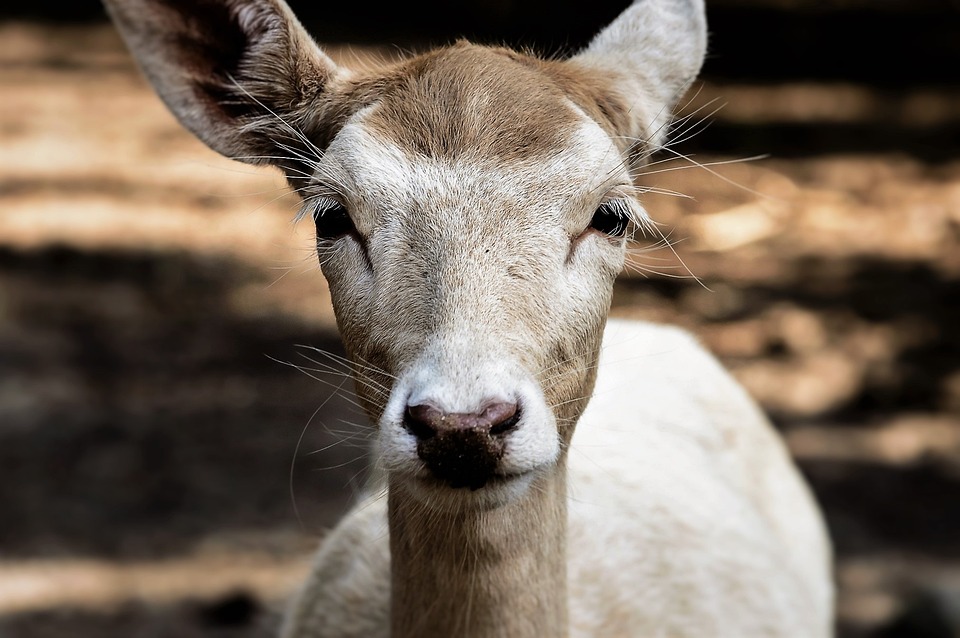The aftermath of Hurricane Beryl has had a profound impact on wildlife centers, particularly in Amarillo, Texas. The surge of orphaned and injured animals has overwhelmed many facilities, prompting a collaborative effort to ensure these creatures receive the care they desperately need.
Stephanie Brady, the founder and executive director of Wild West Wildlife Rehabilitation Center, highlighted the challenges faced by these centers in handling the influx of animals. With daily intakes ranging from 600 to 1,000 animals, the need for assistance from rehabilitation centers across the state became crucial to provide adequate care for all the wildlife affected by the hurricane.
In response to the call for help, Wild West Wildlife Rehabilitation Center stepped up to the challenge and is currently treating approximately 100 egrets and 20 doves. The center’s dedication to these animals is evident in their commitment to providing the necessary medical attention and support for their recovery.
The Pilots N Paws program played a vital role in transporting the birds from Houston to the Panhandle, with volunteer pilots generously donating their time and covering all expenses. This collaborative effort exemplifies the compassion and dedication of individuals coming together to help wildlife in need.
The Texas Tech University School of Veterinary Medicine also played a crucial role in triaging the incoming animals, ensuring that each bird received the appropriate care and attention. The collaboration between the wildlife center and the university not only benefits the animals but also provides valuable hands-on experience for veterinary students.
The intensive care required for these birds includes monitoring fluids, fecal samples, weight, and addressing any serious injuries. The Texas Tech University School of Veterinary Medicine’s CARES van, equipped with a full surgical setup, provides a critical resource for treating the animals in need of immediate medical attention.
Beyond the immediate medical care provided to the wildlife, this collaboration offers a unique learning opportunity for veterinary students. Pippa Gibbons, an associate professor at Texas Tech University School of Veterinary Medicine, emphasized the value of experiencing and addressing medical issues that may not be commonly encountered in the region.
For students like Maryana Orduna, a fourth-year student at Texas Tech University School of Veterinary Medicine, the hands-on experience gained from treating these animals will be invaluable in her future career. The opportunity to apply theoretical knowledge to real-life situations enhances the students‘ understanding and skills in veterinary medicine.
As the Wild West Wildlife Rehabilitation Center continues to care for the birds, they anticipate a recovery period of four to six weeks before considering release options. The decision to release the birds locally or return them to their natural habitat will be based on what is best for their well-being and migration patterns.
However, caring for a large number of birds comes with its challenges, including the financial burden of providing food and medical supplies. Stephanie Brady emphasized the center’s need for monetary donations to support the ongoing care of these animals. Every contribution, no matter how small, makes a significant difference in ensuring the birds receive the necessary care and resources for their recovery.
In addition to monetary donations, the center also welcomes donations of specific items such as crickets, minnows, super worms, mealworms, and incubators. These supplies are essential for meeting the nutritional and environmental needs of the birds during their rehabilitation process.
To support the Wild West Wildlife Rehabilitation Center and contribute to the care of these birds, donations can be made through their Amazon wishlist. The generosity of individuals and communities plays a vital role in ensuring the well-being and recovery of wildlife affected by natural disasters like Hurricane Beryl.
In conclusion, the collaborative efforts of wildlife centers, volunteer pilots, veterinary schools, and compassionate individuals demonstrate the power of community support in times of crisis. By coming together to help orphaned and injured animals, we not only provide essential care and resources but also create valuable learning opportunities and foster a sense of compassion and empathy for all living creatures. Copyright 2024 KFDA. All rights reserved.





